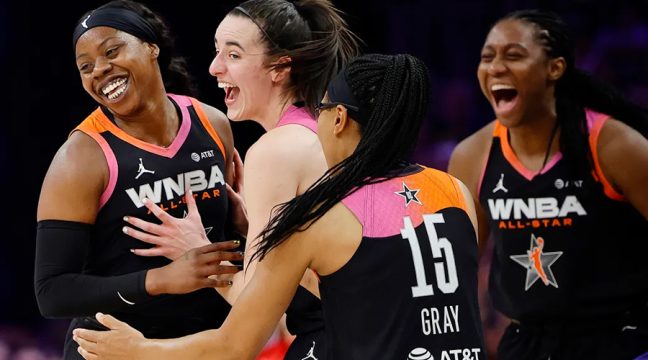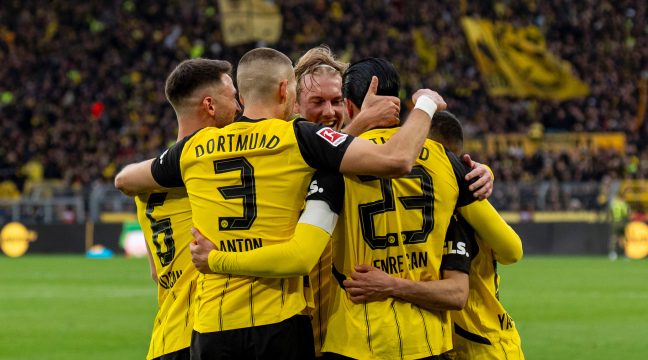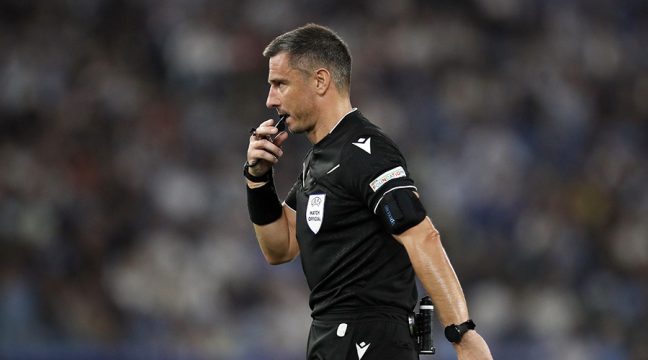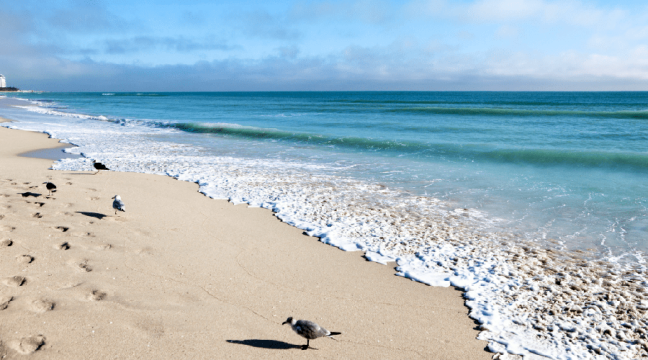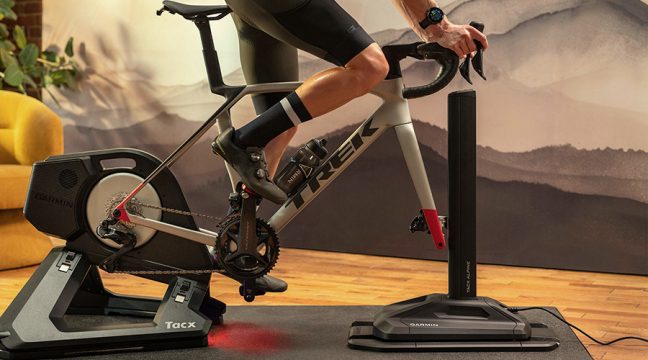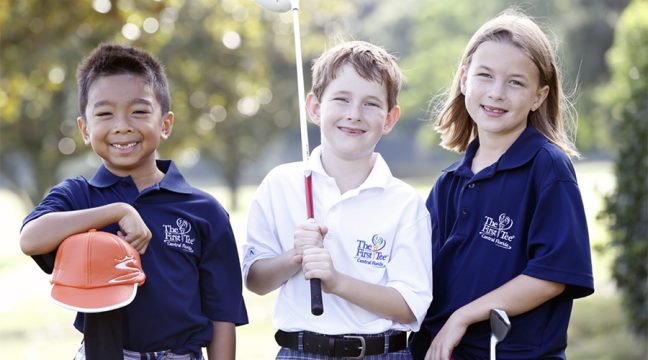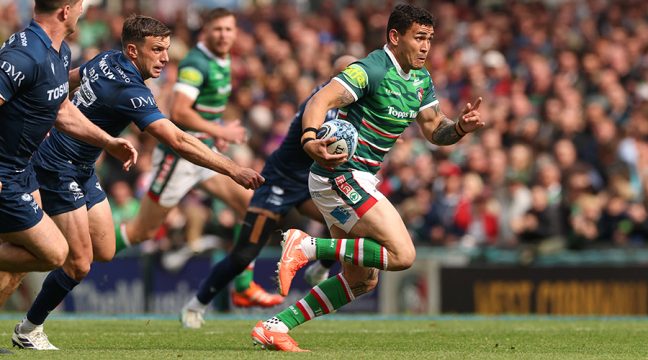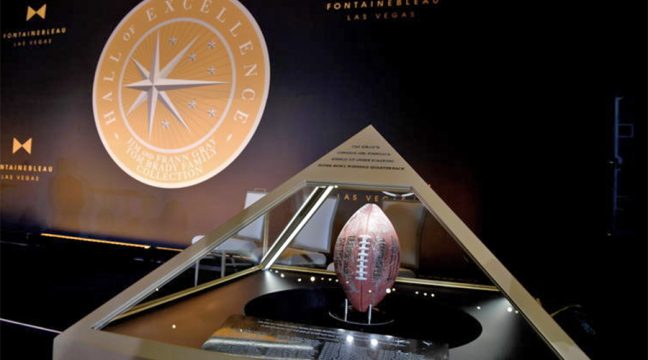A collaboration between the University of Washington and Vicis, the Seattle-based start-up, has led to the development of the Zero1, a football helmet featuring an outer shell that softens the blow of helmet-to-helmet or helmet-to-ground contact, much like a car bumper takes the brunt of force during an accident.
https://www.youtube.com/watch?v=4bMOMf3S_EA#t=141
The initial helmets will cost four to five times more than current options at $1,500 each, but mark “the first major advance in football helmets in decades” at a time when of rising concern over the long-term impact of concussions.
Introduced at the AFCA convention in San Antonio, the Zero1, Vicis’ first helmet, features a soft, deformable outer skin with a harder plastic core inside instead of a rigid outer shell. The shell gives way on impact then returns to its original form before the next hit.
The overall four-layer design also features an interior ARCH shell that helps with proper fitting. In between the inner and outer shells are absorbent columns designed to accept hits from various angles. The final layer is on the interior of the helmet and features memory foam that conforms the helmet to the head of the individual wearer for a more customized fit.
Further customization is available through what the creators are calling the AXIS Fit System, that incorporates head length and breadth measurements rather than just head circumference. A quick-release mechanism in each helmet allows for easier removal during an emergency without the use of special tools, and more aerodynamic facemasks to improve visibility.
“For more than two years, our team of neurosurgeons and engineers has worked closely with equipment managers and athletic trainers to design and build a superior football helmet.” -Dave Marver, CEO of Vicis

Zero1 Helmet
Vicis claims that third-party labs show that compared to other leading helmets from Riddell and Schutt, the Zero1 can reduce the force of impact by anywhere from 20 to 50 percent.
“For more than two years, our team of neurosurgeons and engineers has worked closely with equipment managers and athletic trainers to design and build a superior football helmet,” said Dave Marver, CEO of Vicis. “The Zero1 offers advancements in safety and performance that are long overdue.”
Leveraging technology initially developed at University of Washington’s departments of mechanical engineering and neurological surgery, Vicis was created in 2013 by Marver, a veteran of the medical technology industry; Per Reinhall, PhD, professor and chair of Mechanical Engineering at UW; and Samuel Browd, MD, PhD, pediatric neurosurgeon and medical director of the Sports Concussion Program at Seattle Children’s Hospital.
Vicis has secured $10 million in funding, including $500,000 from the NFL’s concussion-prevention program. Other investors include several prominent spine and neurological surgeons, current and former NFL players, the W Fund, Alliance of Angels, angelMD and Trilogy Equity Partners.
The Zero1 helmet is expected to be available for testing by NCAA and NFL teams this spring. A more affordable model designed for high school and youth players is expected to be unveiled in 2017. If successful, the goal is to expand the technology to all other sports requiring a helmet.

